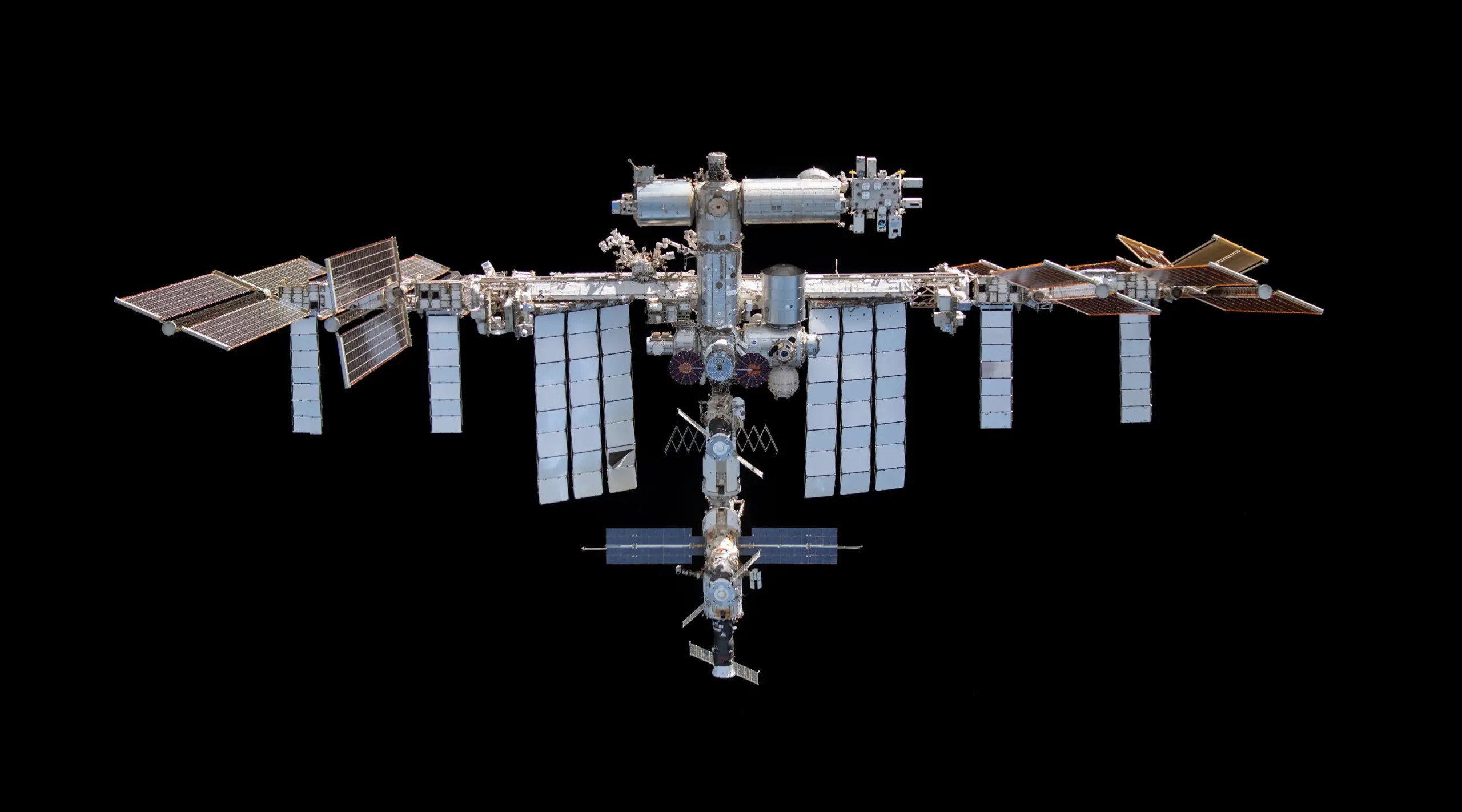With the International Space Station nearing retirement, the United States faces a pivotal moment to maintain its leadership in space. Urgent support for commercial space stations is essential to prevent a gap in America’s presence in low Earth orbit and to counter China’s advancing Tiangong space station.
The Trump administration should leverage private space stations to counter China

Key Takeaways:
- Urgent need to support commercial space stations to maintain U.S. leadership in low Earth orbit.
- NASA’s current strategy lacks the necessary urgency and dilutes resources.
- China’s continuously crewed Tiangong space station poses a strategic challenge.
- Retirement of the ISS could create a gap in U.S. space presence.
- Concentrated investment in key companies could secure U.S. dominance.
America’s Next Space Race: Urgent Action Needed to Counter China’s Orbital Ambitions
Introduction
We stand on the brink of a transformative era in space exploration—a shift from government-led to commercial-led activities off-planet. With this shift comes the pressing need to recognize that the United States commercial space industry will play a pivotal role in maintaining the nation’s leadership in low Earth orbit (LEO).
The Shift from Government to Commercial Space Exploration
For decades, NASA has shouldered the responsibility of sustaining America’s presence in space. However, the agency’s commitment to “pass the torch, to foster commercial partnerships and support commercial space development, is falling short.” To ensure that U.S. leadership is not usurped by our fiercest geopolitical adversary, China, it’s imperative to bolster support for the commercial space sector.
Impending Retirement of the ISS
The International Space Station (ISS) has been a cornerstone of human spaceflight and international cooperation for a quarter of a century. “With the ISS set to retire by the end of this decade,” the United States faces the risk of losing its continuous human presence in space. Transitioning to a robust commercial space framework is essential to continue enabling discovery, fueling the space economy, and safeguarding strategic priorities.
China’s Advancements with Tiangong Space Station
China is rapidly advancing its space ambitions. “China is emulating with its Tiangong space station, which has been continuously crewed since 2022.” This development serves as a stark reminder of the competitive landscape. Without a strong U.S. presence, “governments could migrate toward China to secure their own national interests.”
Shortcomings of NASA’s Current Strategy
NASA’s current strategy for the Commercial LEO Destinations (CLD) program, while well-intentioned, “lacks the urgency necessary to maintain human presence in LEO by the 2030 deadline.” The approach dilutes limited resources across too many companies, threatening the viability of the entire industry. This dispersed strategy is “stifling the growth of the commercial space market, U.S. entrepreneurship, and American innovation.”
The Risk of Losing Space Leadership
In the fast-paced arena of space exploration, timely decision-making is paramount. “Delays in implementation can result in missed opportunities and loss of global power.” Accepting a gap in continuous human presence in Earth’s orbit would undermine decades of work to position the U.S. as a leader in space and as a force behind technological superiority.
Opportunity for the Trump Administration
“The Trump administration has a unique opportunity to take bold and decisive action once again, this time defining LEO for generations to come.” By concentrating resources on a smaller number of companies most likely to achieve success, the U.S. can cultivate a more robust market demand for commercial space services. This focus would “enhance investor confidence and develop the operational capabilities necessary to maintain a continuous human presence in LEO.”
Recommendations for Concentrated Investment
Maximizing investments by selecting fewer companies not only supports the sustainability and quality of individual missions but also promotes the longevity of the entire LEO ecosystem. “By concentrating resources on a smaller number of companies, we can enhance America’s national security, invigorate the economy, and inspire a new generation of explorers and innovators.”
Conclusion
The United States has long been a leader in space exploration—a position that is not only a matter of national pride but one of strategic importance. Preserving this leadership is contingent upon the ability to adapt quickly and effectively to the evolving landscape. With bold and swift action, the U.S. can “preserve its pioneering spirit, transcend terrestrial limits, and sustain humanity’s journey beyond our planet,” ensuring that America does not cede its leadership in the final frontier.











